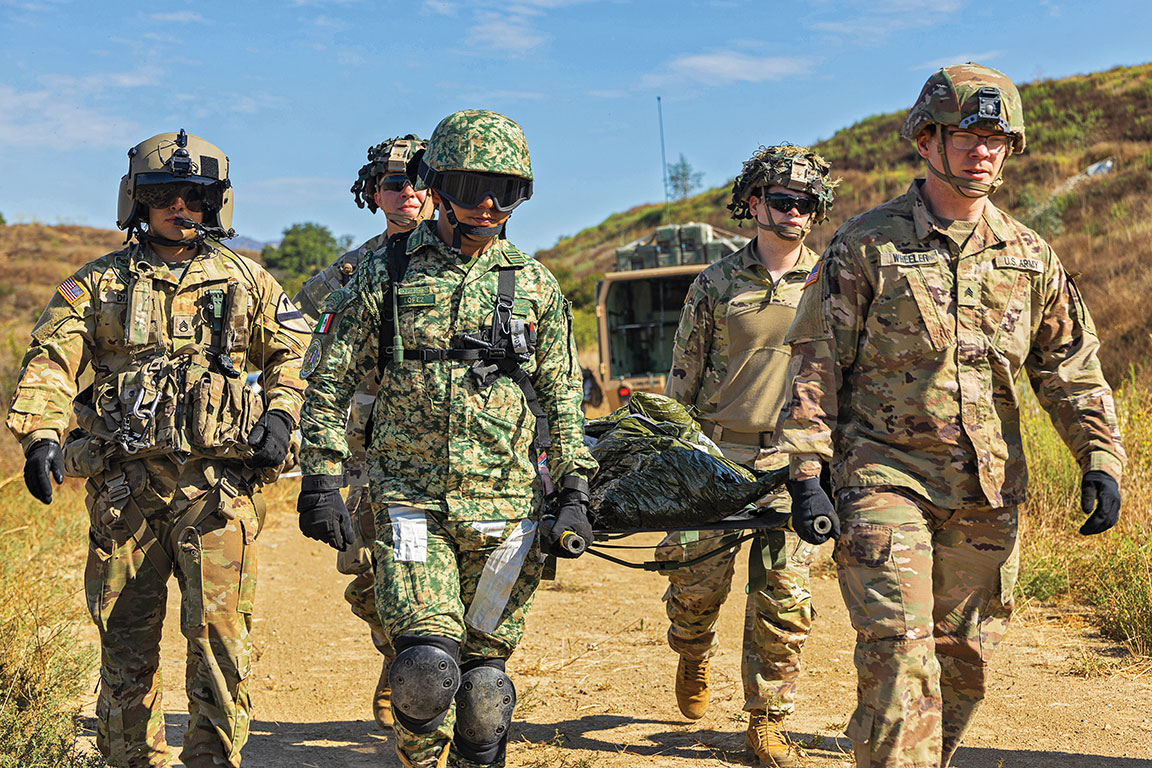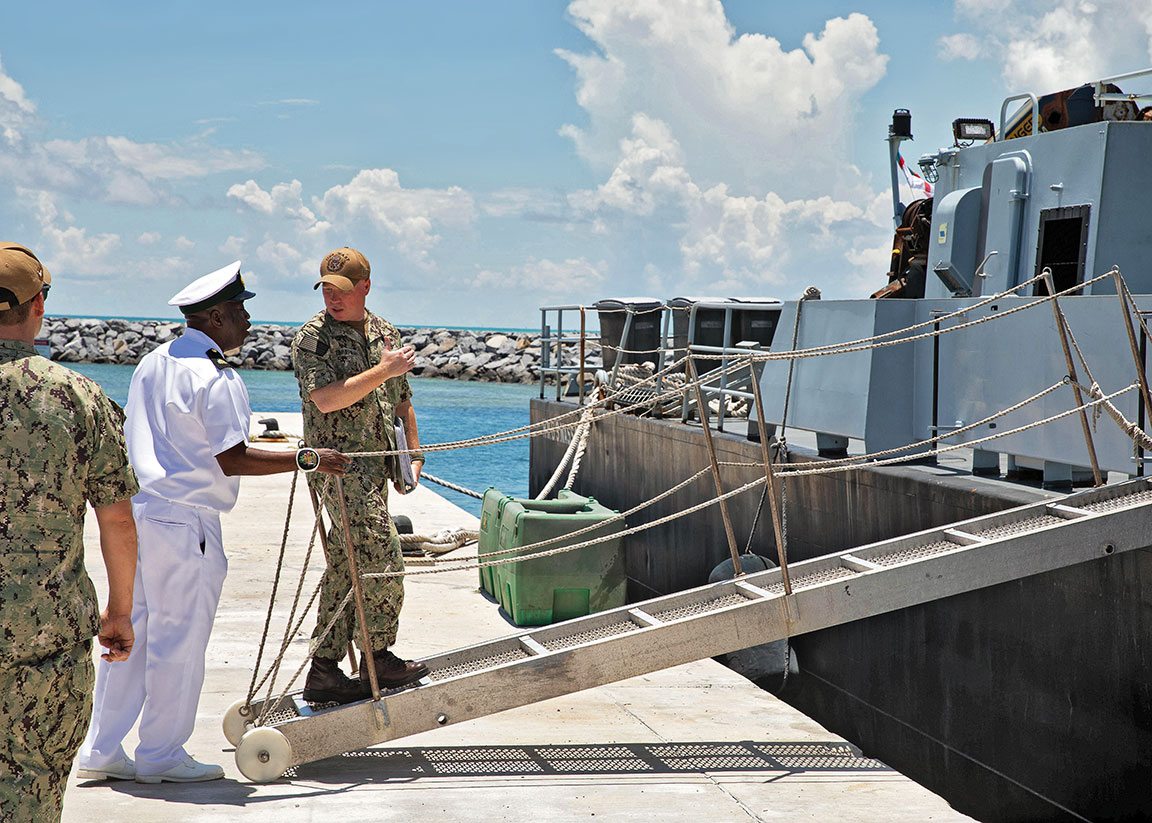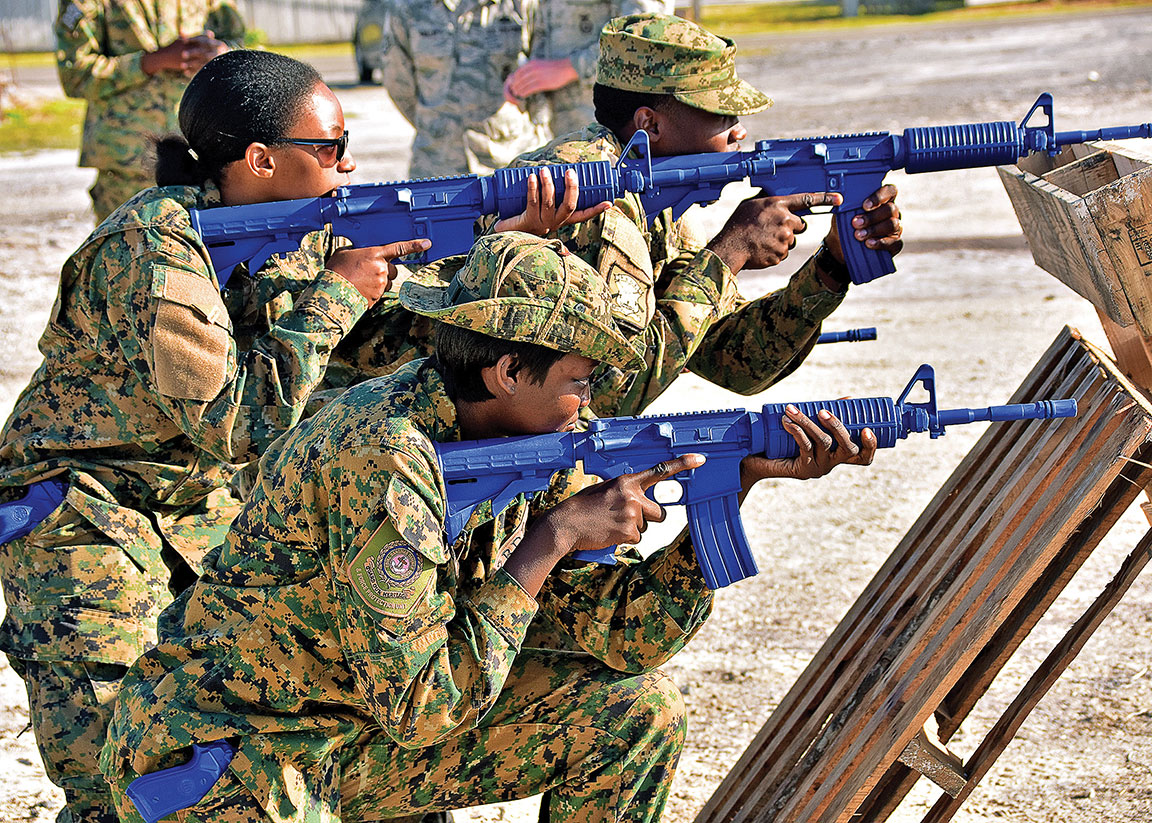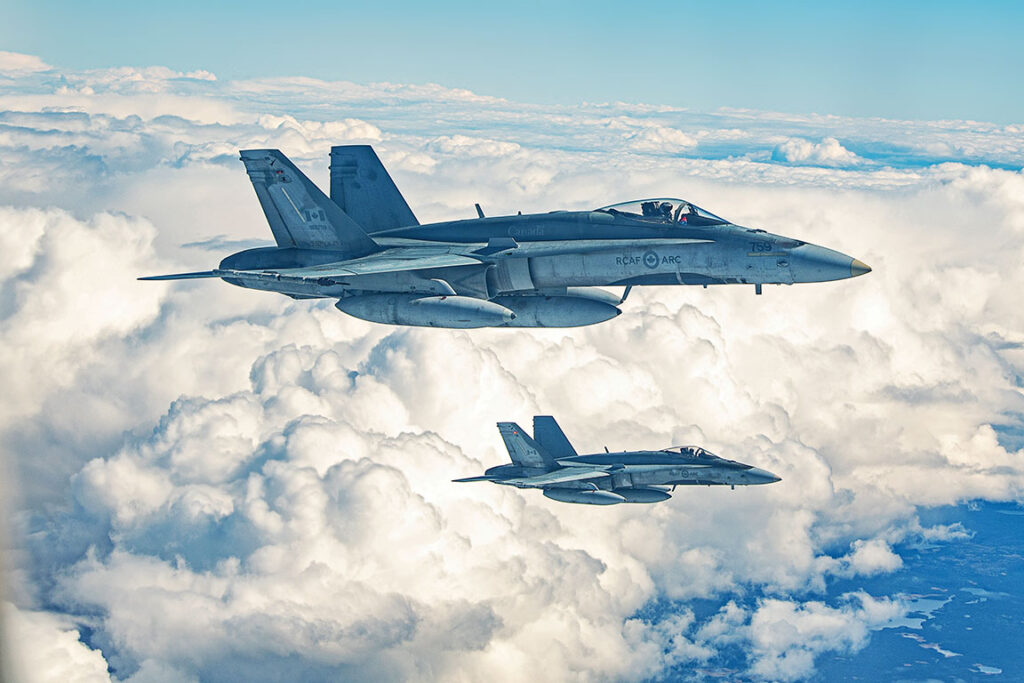The global security environment is changing at a scale not seen since World War II and at an unprecedented pace. With the change comes a renewed urgency to form deeper alliances and partnerships to counter common threats and collaborate on mutual interests, all built on a foundation of trust. Partnerships that address mutual interests and common threats are usually aligned with shared values. Forming trusted partnerships takes time and effort — resources that frequently seem scarce with so many global instances of instability and insecurity. The importance of trusted partnerships cannot be overstated.
The Department of Defense understands it cannot achieve its global missions acting alone. The National Defense Strategy states, “Mutually beneficial Alliances and partnerships are our greatest global strategic advantage.” Within the boundaries of its Unified Command Plan, U.S. Northern Command (USNORTHCOM) partners closely with the Bahamas, Canada and Mexico to bring about significant and lasting security benefits to North America and the region. USNORTHCOM’s leadership and staff recognize the need to connect on a personal level to increase military-to-military operational compatibility and trust while always respecting the sovereignty of our partners. In this endeavor, USNORTHCOM regularly teams up with the leaders in the Canadian Joint Operations Command, the Mexican Secretariat of National Defense (SEDENA), the Mexican Secretariat of the Navy (SEMAR), and the Royal Bahamas Defence Force (RBDF).

The relationship between the U.S. and Canada is a strong alliance. One of the most prolific ways this alliance is manifested is through the binational command known as the North American Aerospace Defense Command (NORAD) established in 1957. Built over time and through shared experiences, NORAD stands as a testament to national leadership efforts to establish a mature partnership to address mutual threats.
The U.S. and Canadian military-to-military relationship allows the countries to work together to address mutual threats to the homelands and emphasizes our shared prioritization of the rule of law and human rights. Additionally, the U.S. and Canada maintain a bilateral Civil Assistance Plan addressing military support, cooperation and interoperability along the 8,892 kilometers of our shared border. The U.S. and Canada conduct military exercises, military exchanges and professional military education and collaborate in defense technologies. Together the U.S. and Canada address challenges in a manner that would be more difficult to confront alone, especially in the Arctic region. Working together also strengthens the signals of deterrence projected to would-be adversaries and counters malign influence activities.
Mexico is a U.S. partner nation. As our neighbor, Mexico is deeply tied to the U.S. and Canada economically, socially and through military dialogues that strengthen North American defense cooperation. One prime example of official dialogue occurs when USNORTHCOM co-chairs the Bilateral Military Cooperation Roundtable with the Mexican military branches of SEDENA and SEMAR to identify mutual interests and provide guidance to stakeholders. The U.S. and Mexico work together to increase regional security, address challenges impacting both countries, improve operational compatibility and provide aid in times of need through mutually agreed objectives and goals found in the roundtable framework.

Professional military education, exchanges, exercises and tactical units working side by side are only some of the activities strengthening our relationship from the ground up. The relationship and trust between the U.S. and Mexico continue to strengthen. A noted historical demonstration of friendship came in September 2005, after the southern U.S. experienced a catastrophic natural disaster in Hurricane Katrina. Mexico sent personnel from SEDENA and SEMAR to the U.S. to help those most in need. Then-President Vicente Fox’s spokesman, Ruben Aguilar, said, “This is just an act of solidarity between two peoples who are brothers.” The help was reciprocated. In September 2017, the United States sent a team of search and rescue specialists, along with equipment and medical supplies, to Mexico City to assist with recovery efforts after a 7.1 magnitude earthquake struck Mexico. Furthermore, in June 2021, Mexico sent rescue specialists to the United States to aid in the search for survivors after the Champlain Towers South collapsed in Surfside, Florida.
Mexico recently took a leading role in a trilateral disaster response exercise with Canada and the U.S. facilitating further participation in a Central American disaster response exercise. The U.S. and Mexico understand the importance of maintaining a strong relationship built on trust and respect to ensure the progress of both countries. Working together, the U.S. and Mexico seek continued development, training and compatibility that improves regional security.
The Bahamas is also a U.S. partner nation and a geostrategic partner on the southeastern coast, at its closest point almost 65 kilometers from the U.S. Strong economic and social ties necessitate effective security and defense ties between the two countries. The Royal Bahamian Defence Force is the primary partner for USNORTHCOM and through the Bilateral Security Cooperation Framework, mutual interests are designed, planned and programmed for execution. USNORTHCOM coordinates with the U.S. Coast Guard and the RBDF to bring unique capabilities and expertise to further the overall combined efforts.

As the RBDF continues its planned growth in size and presence throughout its territory, the U.S. and the Bahamas work together to build capabilities and improve capacity in key areas that will lead to strengthened security and domain awareness. Recent efforts have focused on exercises related to humanitarian assistance and others on defense topics. Additionally, the Bahamas’ connection to the Caribbean improves regional security and impacts the shared interests of both countries. The relationship between the U.S. and the Bahamas highlights the importance of partnering with partner forces of all sizes, since working together provides mutual benefits.
In today’s global threat environment, mutual recognition of the threats faced by one nation impacts regional neighbors and encourages leaders to come together in pursuit of strategies to counter malign actors. Whether the threat is environmental, criminal, biological, or a malign state actor or terrorist, if the people working together know one another, know the environment and share information about the threat, there is a higher probability of effectively countering or responding to the threat. USNORTHCOM invests in relationships and strives to work with defense partners within the assigned area of responsibility to defend the homelands, improve regional security, strengthen military ties, and expand operational compatibility and interoperability. The combined efforts of USNORTHCOM and its partners allow for long-term significant benefits to North America’s shared security built on trust.

